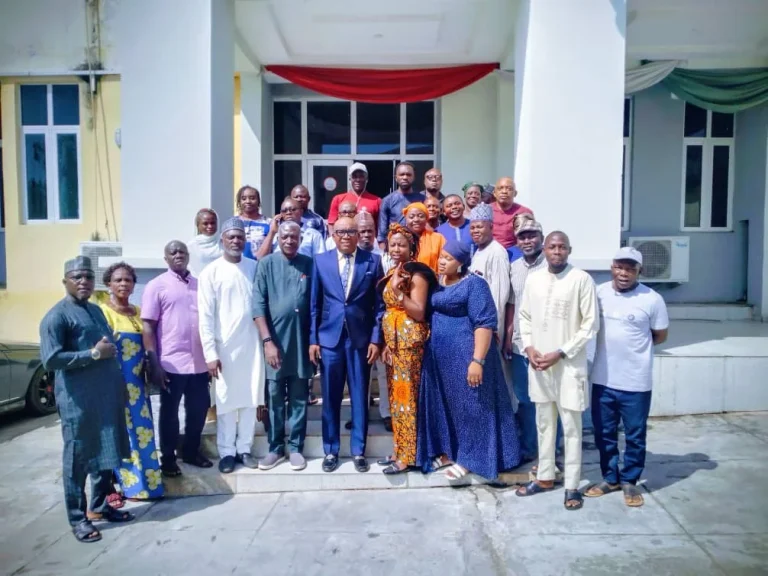The Kogi State Government has announced plans to conduct a Mass Administration of Medicines (MAM) programme to treat schistosomiasis among children aged 5 to 14 years in Ibaji, Kogi, and Lokoja Local Government Areas (LGAs).
The Permanent Secretary, Kogi State Ministry of Health, Mr. Steven Momoh, disclosed this on Tuesday during a two-day planning meeting held in Lokoja. He said the exercise is being organised in collaboration with Sightsavers and the Federal Ministry of Health.
Momoh emphasised the importance of equitable and timely distribution of essential medicines to ensure that every eligible child in the targeted communities is reached.
“This gathering marks a significant step in our collective effort to strengthen the health supply chain system in Kogi State,” he said.
He outlined the meeting’s key objectives, which include identifying logistics gaps, mapping out distribution routes, and reviewing accountability mechanisms.
Momoh commended the dedication of field officers and technical teams and praised Sightsavers for its continued partnership with the state in efforts to eliminate Neglected Tropical Diseases (NTDs).
He assured that the ministry remains committed to providing leadership, policy direction, and logistical support for a robust and responsive health delivery system in the state.
Speaking at the meeting, Mrs. Hindan Phoebe, Sightsavers’ NTD Programme Officer in Kogi, said the forum provided an opportunity to review microplans and develop effective strategies for the distribution of Praziquantel, the drug used in treating schistosomiasis.
She said the 2025 implementation phase targets children aged 5–14 across Ibaji, Kogi, and Lokoja — the identified endemic LGAs.
“Participants will also train teachers and caregivers at the community level. Medicine distribution is scheduled to take place from November 17 to 28, 2025,” she added.
Phoebe reaffirmed Sightsavers’ commitment to providing technical support and funding towards eliminating schistosomiasis and other NTDs in the state. She lauded the successes recorded since 2014 and expressed optimism that a concrete work plan would be developed to achieve the expected coverage for the 2025 MAM round.
Earlier, Mrs. Betsy Ibenu, Training Officer for NTDs at the Ministry of Health, provided an overview of schistosomiasis, its symptoms, and the affected target groups.
She said the meeting aims to develop strategies to achieve the 2025 treatment and training targets, as well as to review lessons learned from previous exercises.
Also speaking, Prof. Jacqueline Badaki, Coordinator of the Parasitology and Public Health Society of Nigeria (PPSN), Kogi Chapter, commended Sightsavers for its sustained support through the provision of free medicines and capacity-building programmes for health workers and caregivers.
Badaki underscored the need for greater stakeholder engagement, enhanced surveillance, and improved Water, Sanitation, and Hygiene (WASH) interventions to curb the transmission of schistosomiasis.
“The government must prioritise the provision of potable water, as access to clean water is essential in controlling and preventing schistosomiasis,” she said.
The Acting State Coordinator of NTDs, Mr. Musa Momoh Jimoh, highlighted challenges encountered during the last Mass Drug Administration (MDA), including incorrect dosing, poor documentation, and data integrity issues.
“This meeting aims to develop a plan that ensures medicines reach those who need them most, thereby reducing the burden of schistosomiasis in Kogi State,” he said.


